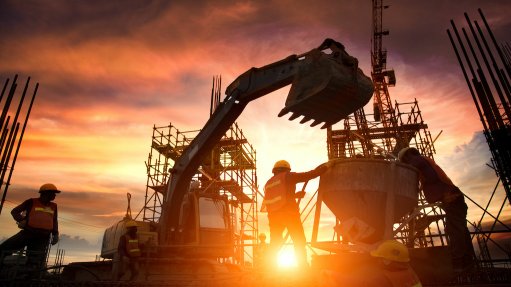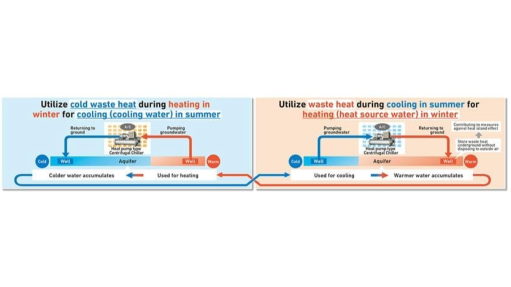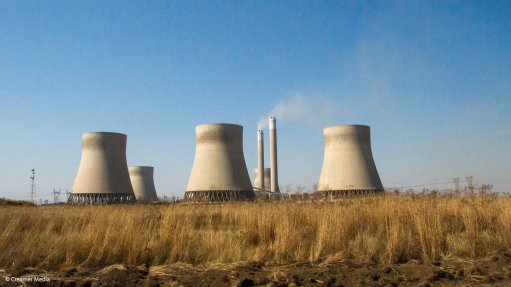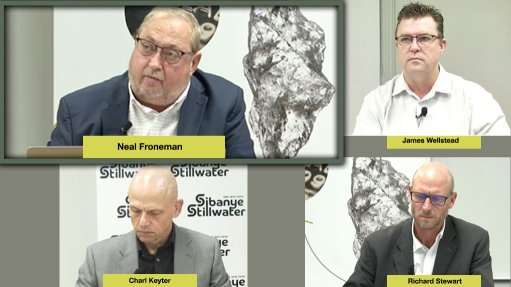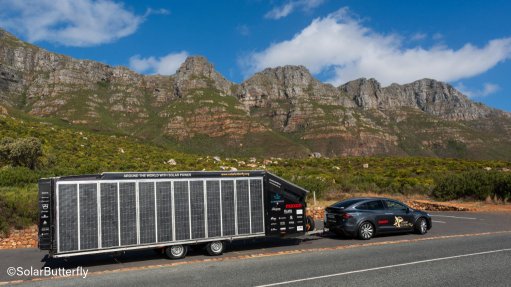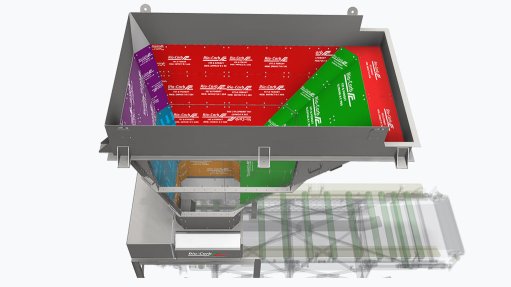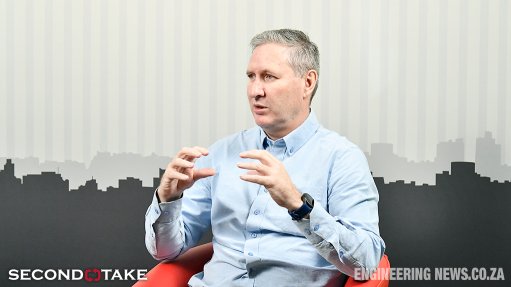IEA implores countries to help lower the production cost of hydrogen
The International Energy Agency (IEA) reports in its ‘Global Hydrogen Review 2021’ report, released on October 4, that although investment is increasing in hydrogen projects to support a clean energy transition, further efforts are needed to reduce costs and encourage wider use across sectors.
As such, the agency says governments need to move faster and more decisively on a range of policy measures to enable low-carbon hydrogen to fulfil its potential to help the world reach net-zero emissions, while also supporting energy security.
Currently, the IEA points out that global production of low-carbon hydrogen is low, its cost not yet competitive and its use in promising sectors, such as industry and transport, remains limited.
However, the agency’s report finds that there are encouraging signs that low-carbon hydrogen is on the cusp of significant cost declines and widespread global growth.
When the IEA released its special report on The Future of Hydrogen for the G20 in 2019, only France, Japan and Korea had strategies for the use of hydrogen.
Currently, the IEA points out, 17 governments have released hydrogen strategies, more than 20 others have publicly announced they are developing strategies and numerous companies are seeking to tap into hydrogen business opportunities.
In addition, the agency says pilot projects are under way to produce steel and chemicals with low-carbon hydrogen, with other industrial uses under development; and that the cost of fuel cells that run on hydrogen continues to fall, while fuel-cell vehicle sales are growing.
During the launch of the latest report at the Hydrogen Energy Ministerial Meeting hosted by Japan, IEA executive director Fatih Birol said it was important to support the development of low-carbon hydrogen if governments are going to meet their climate and energy ambitions.
“We have experienced false starts before with hydrogen, so we cannot take success for granted. But this time, we are seeing exciting progress in making hydrogen cleaner, more affordable and more available for use across different sectors of the economy,” he said.
Birol added that governments needed to take rapid actions to lower the barriers that were holding low-carbon hydrogen back from faster growth, which would be important if the world was to have a chance of reaching net-zero emissions by 2050.
HYDROGEN BENEFITS
The IEA notes that hydrogen is light, storable and energy-dense, while its use as a fuel produces no direct emissions of pollutants or greenhouse gases.
The main obstacle to the extensive use of low-carbon hydrogen is its production cost as it requires either large amounts of electricity to produce it from water, or carbon capture technologies if the hydrogen is produced from fossil fuels.
However, almost all hydrogen currently produced comes from fossil fuels without carbon capture, resulting in close to 900-million tonnes of carbon dioxide (CO2) emissions – equivalent to the combined CO2 emissions of the UK and Indonesia.
In addressing this issue, the IEA highlights that investments and focused policies are needed to close the price gap between low-carbon hydrogen and emissions-intensive hydrogen produced from fossil fuels.
Depending on the prices of natural gas and renewable electricity, producing hydrogen from renewables can cost between two and seven times as much as producing it from natural gas without carbon capture.
But, the IEA says, with technological advances and economies of scale, the cost of producing hydrogen with solar photovoltaic electricity can become competitive with hydrogen produced with natural gas, as set out in the IEA’s ‘Roadmap to Net Zero by 2050’ report.
Meanwhile, the agency notes that global capacity of electrolysers, which produce hydrogen from water using electricity, has doubled over the last five years, with about 350 projects currently under development and another 40 projects in early stages of development.
Should all these projects be realised, the IEA says global hydrogen supply from electrolysers – which creates zero emissions provided the electricity used is clean – will reach eight-million tonnes by 2030.
This is a significant increase from today’s level of less than 50 000 t, but remains well below the 80-million tonnes required in 2030 in line with the IEA’s pathway to net-zero emissions by 2050.
Comments
Press Office
Announcements
What's On
Subscribe to improve your user experience...
Option 1 (equivalent of R125 a month):
Receive a weekly copy of Creamer Media's Engineering News & Mining Weekly magazine
(print copy for those in South Africa and e-magazine for those outside of South Africa)
Receive daily email newsletters
Access to full search results
Access archive of magazine back copies
Access to Projects in Progress
Access to ONE Research Report of your choice in PDF format
Option 2 (equivalent of R375 a month):
All benefits from Option 1
PLUS
Access to Creamer Media's Research Channel Africa for ALL Research Reports, in PDF format, on various industrial and mining sectors
including Electricity; Water; Energy Transition; Hydrogen; Roads, Rail and Ports; Coal; Gold; Platinum; Battery Metals; etc.
Already a subscriber?
Forgotten your password?
Receive weekly copy of Creamer Media's Engineering News & Mining Weekly magazine (print copy for those in South Africa and e-magazine for those outside of South Africa)
➕
Recieve daily email newsletters
➕
Access to full search results
➕
Access archive of magazine back copies
➕
Access to Projects in Progress
➕
Access to ONE Research Report of your choice in PDF format
RESEARCH CHANNEL AFRICA
R4500 (equivalent of R375 a month)
SUBSCRIBEAll benefits from Option 1
➕
Access to Creamer Media's Research Channel Africa for ALL Research Reports on various industrial and mining sectors, in PDF format, including on:
Electricity
➕
Water
➕
Energy Transition
➕
Hydrogen
➕
Roads, Rail and Ports
➕
Coal
➕
Gold
➕
Platinum
➕
Battery Metals
➕
etc.
Receive all benefits from Option 1 or Option 2 delivered to numerous people at your company
➕
Multiple User names and Passwords for simultaneous log-ins
➕
Intranet integration access to all in your organisation






